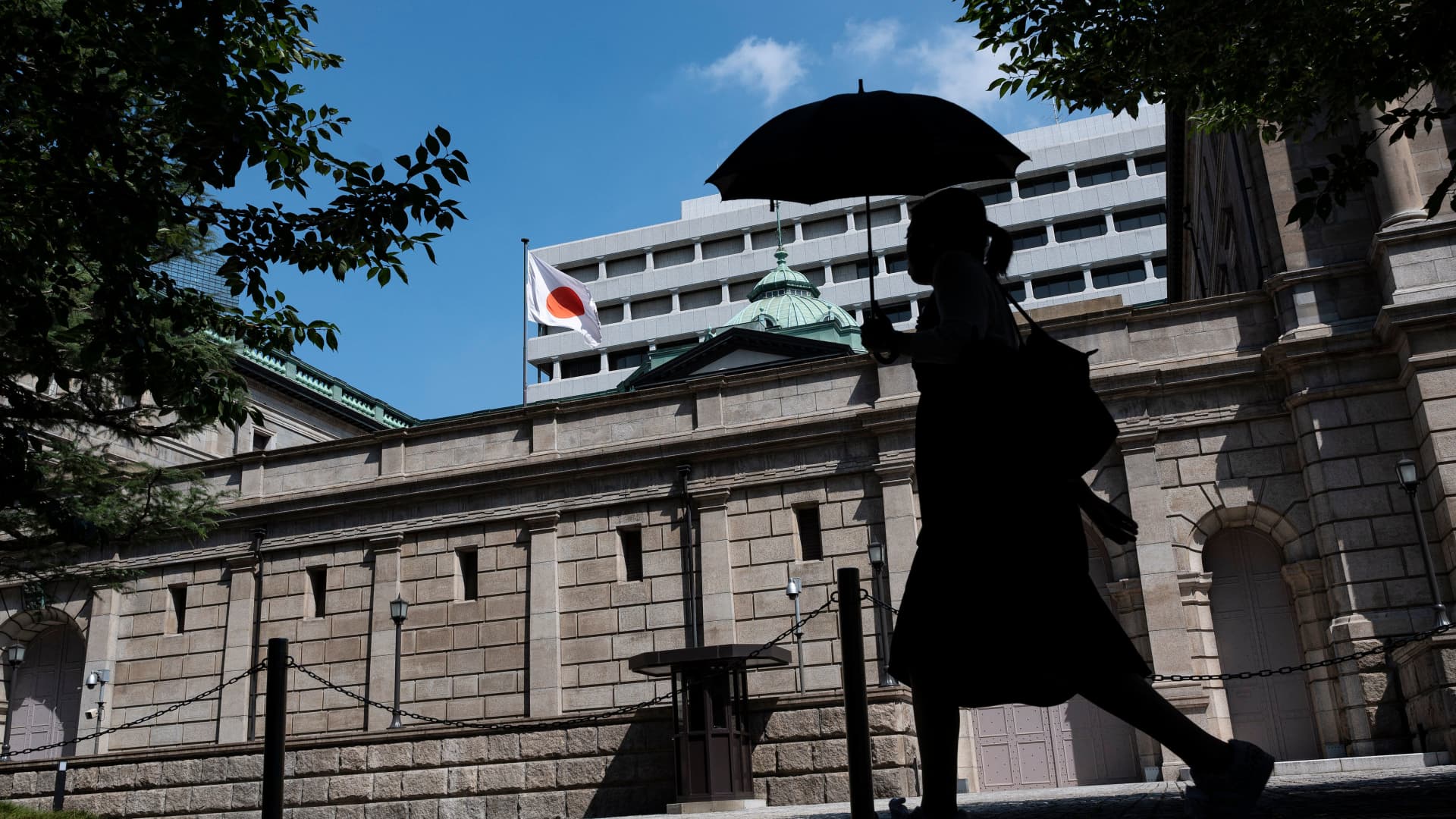As President Biden lands in Israel on Wednesday, seeking to display steadfast American support for the country, President Vladimir Putin of Russia is in Beijing, seeking to display his "no limits" partnership with China's top leader Xi Jinping. The two contrasting trips show how vastly the
global political landscape
has been redrawn by
Russia's invasion
of Ukraine, and how that changed landscape is on full display in the war in Gaza.
Russia, China and Iran were already forming a new axis over Ukraine. Iran, isolated for long, is too happy to have new trading partners and some source of international legitimacy. Together, they find a common cause in denouncing and defying the US. The Israel-Hamas war have underscored the widening differences between the West on one side and Russia and China on the other. Russia and China have refused to condemn Hamas.
Despite Israeli denials of responsibility for the hospital blast, the fierce reactions among Palestinians and ordinary Arabs have made Biden's trip considerably more awkward. For Putin, the war has presented another opportunity for gloating, as he blames Washington for the conflict. China has already demonstrated an ambition to extend its influence in West Asia by the surprise rapprochement it brokered between Iran and Saudi Arabia this year.
But in their reluctance to blame Hamas and effort to associate themselves with the Palestinian cause, Russia and China are appealing to a wider sentiment in the so-called Global South - and in large parts of Europe, too. The Global South is a vital area of new competition between the West and the Chinese-Russian alternative, said Hanna Notte of the James Martin Center for Nonproliferation Studies. For many in Global South, she said, "the US fights Russia, the occupier of Ukraine, but when it comes to Israel, it is on the side of the occupier, and Russia taps into that." Russia would see benefits if the war against Hamas slows or even destroys President Biden's effort to solidify relations with Saudi Arabia, including a possible mutual defence treaty, in exchange for normalisation of ties between Saudi Arabia and Israel, Notte said.

 1 year ago
275
1 year ago
275




























 English (US)
English (US)